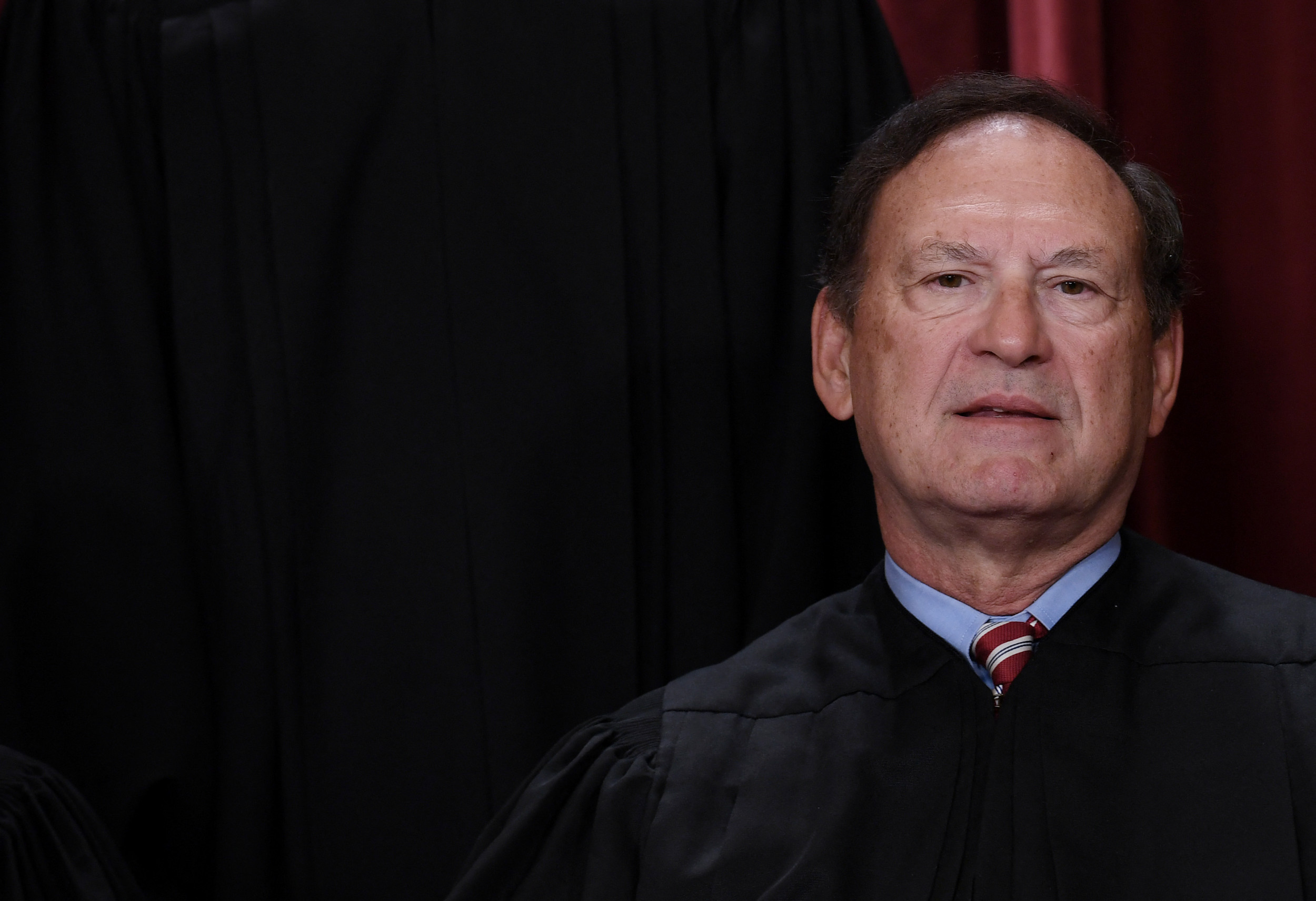Upon graduating from medical school, doctors are required to swear an oath, promising to aid the sick and do no harm to their patients.
Members of Congress also take an oath—to uphold the Constitution and help our constituents. Yet on one of the most pressing issues of the moment, that took more than 110,000 lives last year, we have yet to uphold that oath.
Year after year, drug overdose has wreaked havoc across America.
In my home state of Nebraska and across America, there are empty chairs at the dinner table; empty beds in once-messy teen bedrooms; empty desks in classrooms. The overdose crisis has touched countless families and communities, with nearly 80 percent of the country seeing a significant increase in drug overdose rates between 2019 and 2020. The COVID-19 pandemic accelerated these dire trends, creating a crisis that continues to this day. Almost 110,000 Americans died from overdose between July 2022 and July 2023 alone.
I am no stranger to this devastating loss—my three younger brothers all died from a drug overdose or drug abuse. What makes their deaths, and the deaths of every person who has died from an overdose, even more tragic is that they were preventable.
For individuals with opioid use disorder (OUD), methadone is a gold standard medication that has been proven to prevent overdose and save lives. Since the 1970s, methadone has been prescribed to decrease opioid cravings, ease withdrawal symptoms, and dramatically reduce illicit drug use. Most importantly, studies show methadone has been effective in decreasing opioid overdose deaths by nearly 60 percent.
Currently, methadone can only be prescribed at opioid treatment programs (OTPs), or methadone clinics—and these clinics are few and far between. Eighty percent of U.S. counties, populated by nearly 80 million Americans, don't have a single OTP.
Nebraska has just three OTPs, all of which are in Omaha and Lincoln. Wyoming, with whom we share a border, has zero.
People with OUD who live in Western Nebraska, Wyoming, or in rural counties across the United States have no choice but to travel vast distances to receive their prescribed dosage of methadone. And travel they must, since the law requires individuals suffering from OUD to receive their daily methadone dosage in-person at an OTP. If their car breaks down, if a blizzard closes the roads, or if a family member's medical emergency delays them from reaching the OTP before closing hours, they're out of luck.

My bill, the Modernizing Opioid Treatment Access Act (M-OTAA), would solve this problem. M-OTAA would increase access to this life-saving medication in a safe, practical, and responsible way. M-OTAA would permit board certified physicians to prescribe methadone for OUD and allow their patients access to the medication through U.S. pharmacies rather than solely at OTPs. It would enhance access to OUD treatment and facilitate its integration into additional medical settings, as well as in jails and prisons.
We've already seen a successful trial run for M-OTAA. Under the COVID-19 public health emergency, the U.S. government relaxed rules regulating methadone, permitting some individuals with OUD to take their medication at home. Though critics claimed it would increase overdoses, a study found the new rules did not lead to any negative impacts.
Congress is taking notice. My bill enjoys support from an ideologically diverse, bipartisan coalition. In fact, Republicans and Democrats in the Senate HELP Committee just worked together to pass M-OTAA out of committee.
In a time where politicians struggle to find common ground on simple issues, this is a consensus change in policy. More than that, it's a necessary change in policy.
Across America, individuals suffering from OUD face car trouble, family emergencies, and snowstorms preventing them from picking up their doses of methadone. They're spending hours, days, or whole weekends without this critical medication, increasing their risk of return to use or overdose—and perpetuating the vicious cycle that created this scale of a crisis in the first place.
Congress cannot afford to remain idle on this issue, and we must keep the promise we made to the American people to solve the most pressing problems. I urge my fellow congressmen and congresswomen to help your constituents and support the Modernizing Opioid Treatment Access Act.
Don Bacon has served Nebraska's 2nd Congressional District since 2017 and served nearly 30 years in the Air Force, retiring as a brigadier general. He currently serves on the Addiction, Treatment, Recovery (ATR) Caucus and the Fentanyl Prevention Caucus.
The views expressed in this article are the writer's own.
Uncommon Knowledge
Newsweek is committed to challenging conventional wisdom and finding connections in the search for common ground.
Newsweek is committed to challenging conventional wisdom and finding connections in the search for common ground.





